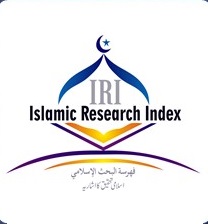The Politics of Fear: Reflections on the Relationship of Inner and Outer Freedom in Pakistan
DOI:
https://doi.org/10.58932/MULF0025Keywords:
common sense, democracy, feminism, government, hegemony, individualisation, radical subjectivity, security apparatusAbstract
This article sheds light on the relationship between inner and outer freedom in a rather repressive social system. In the search for individual agency, it contrasts theories of European liberalism - as impressively described by Michel Foucault - with the collective organisation of South Asian societies. With the aforementioned as well as Hannah Arendt and bell hooks, the question of the meaning and purpose of political action is raised. The subject as the origin and goal of political action is located differently in the opposing social systems described here. Nevertheless, the retreat of the political subject into the private sphere opens up the possibility of subverting the public relations of subordination and oppression, as Chantal Mouffe and Ernesto Laclau impressively demonstrated in Hegemony and socialist strategy: towards a radical democratic politics.
Downloads
Published
How to Cite
Issue
Section
License
Copyright (c) 2024 South Asian Journal of Religion and Philosophy (SAJRP)

This work is licensed under a Creative Commons Attribution-NonCommercial 4.0 International License.









